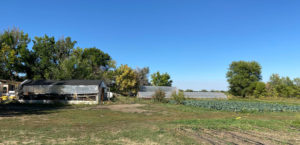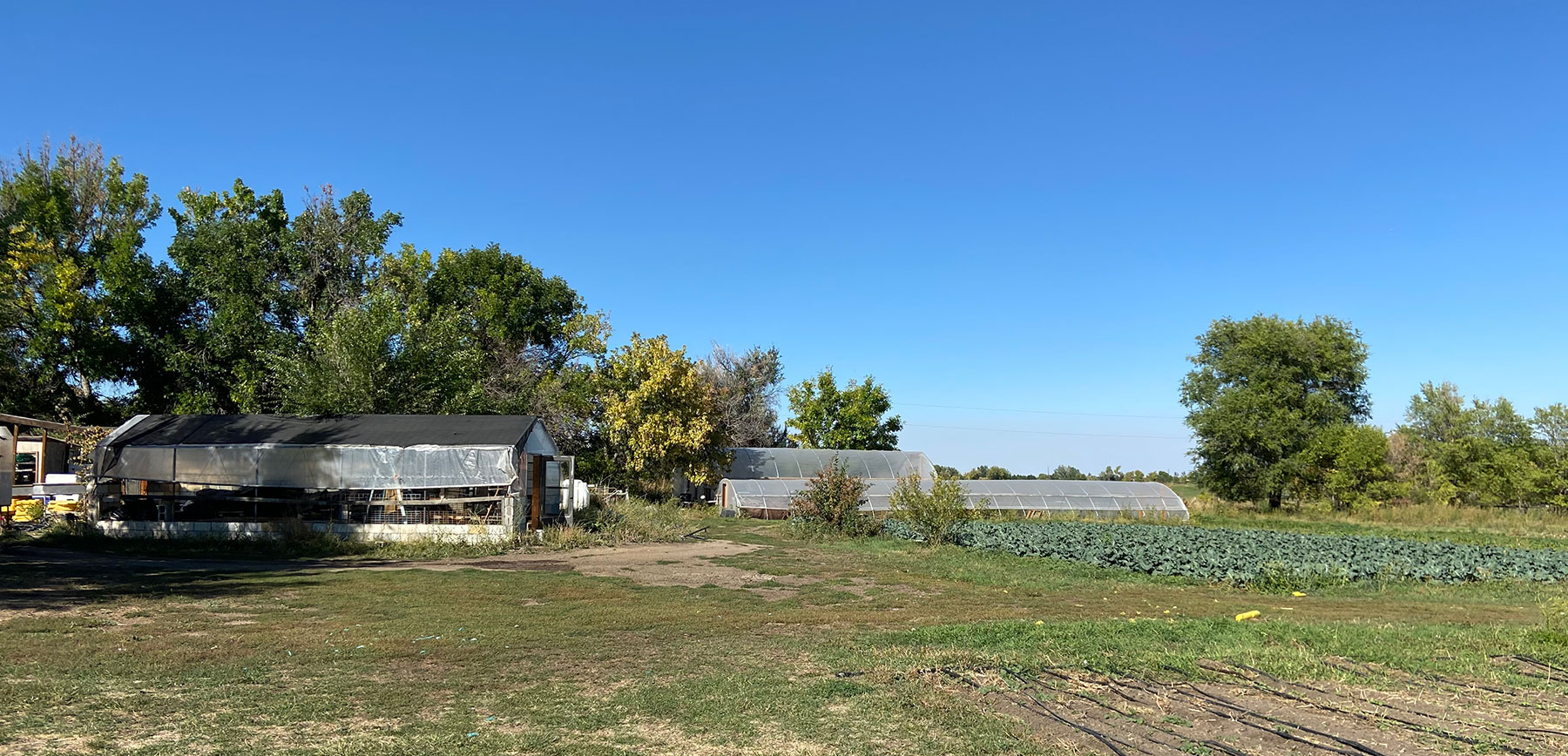Boulder has a fairly steady stream of news that comes out every day and week. In this series, BLDRfly editors will highlight some of the news that stuck out and some more context.
Struggling Colorado farmers
In the pandemic’s aftermath, Colorado farmers are struggling with supply chains and getting their food to local stands, like the Boulder County Farmers Market, and those farther afield.

In addition to having a hard time sourcing the supplies needed to do their jobs, farmers and ranchers have noticed more extreme weather recently, many attribute to climate change. Colorado fruit farmers lost an average 90 percent of their crops during a particularly terrible April 2020 freeze, which affected the food brought to
Boulder through community supported agriculture and farmer’s markets.
Most Colorado farms exist in microclimates, with hyper-specific weather conditions that vary drastically over short distances.
These microclimates develop from neighboring cliffs and valleys directing sun and wind over crops and, with, more extreme weather, the number of microclimates that support commercial agriculture is shrinking. Though controlled farming practices, or shifting to crops that can handle more extreme weather, are options, some farmers can’t afford to take those risks.
On July 20, Boulder City Council voted to pass an emergency measure and prohibit the use of tents and possession of propane tanks in Boulder’s parks and public spaces. The emergency measure follows a related Boulder City Council agreement to spend $2.7 million over the next year-and-a-half to create an additional Boulder Police Department unit and an internal team to enforce the city’s camping ban and clear encampments.
More than 100 unhoused individuals and their tents reside in downtown Boulder. Before this updated limitation, police had to wait until sunset to clear tents in Boulder, but the emergency measure now allows their immediate disposal. The propane tank restriction is intended to promote fire safety and prevent the unhoused from stealing them for warmth and to cook food. Since 2018, there have been 19 reported cases of 112 stolen propane tanks in Boulder.
In 1860, Swedish immigrants grew the first sugar beets in Colorado, which would eventually become more profitable than mining in the state around the same time. Their legacy continues today in Boulder County, as some local farmers are part of sugar beet coops and must contribute their annual share or face fines. This keeps a not insignificant share of Boulder farm acres in beets, that otherwise could be used to diversify the local crop growth.
They had a strong start in the area. Many coal miners worked sugar beet fields in the summer when mines closed and used the large, white root vegetable’s high sugar content for baking, preserving and fattening livestock before selling them at market. The successful beet crop eventually inspired the 1903 opening of the Great Western Sugar Co. in Longmont.
With an opportunity for more profit, local beet growers contracted immigrant Japanese, German-Russian and Mexican workers to farm. During World War II, the Great Western Sugar Co. housed hundreds of Italian, Slavic and German prisoners of war on sugar beet farms. The government supported the industry with minimum price guarantees and tariffs on cane sugar imports until corn syrup took over the sweetener market in the 1960s.
In the pandemic’s aftermath, long-term nursing homes and senior living facilities are operating at an average two-thirds capacity. Empty rooms — from a loss of residents and a general hesitancy for Boulderites to move their elders into these facilities now — means many of these places are now experiencing financial trouble.
While empty beds can also be attributed to a staffing shortage to care for those who would fill these spaces, another reason could be some nursing homes are still rebounding from capped resident admissions during the pandemic.
Along with these factors, Covid’s claim of 2,500 lives in Colorado’s long-term care facilities has forced many operators to leave the industry, closing their facilities or shedding their Colorado operations to focus on efforts elsewhere.

